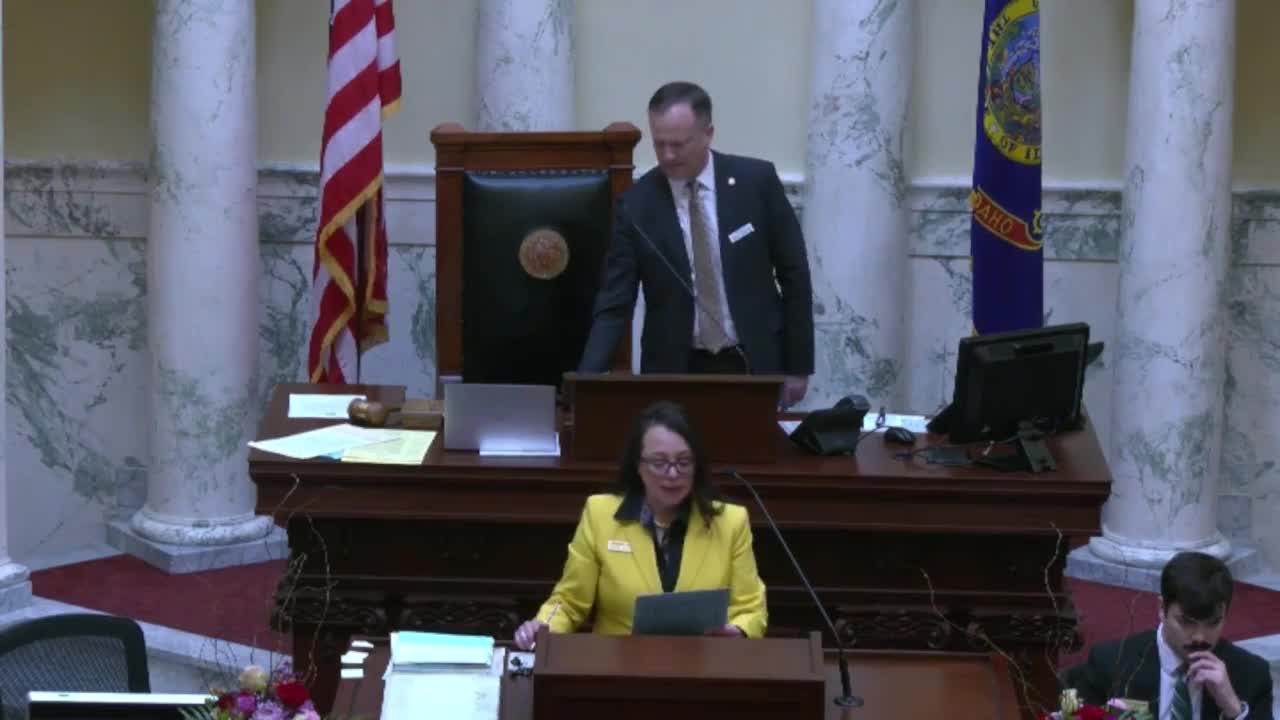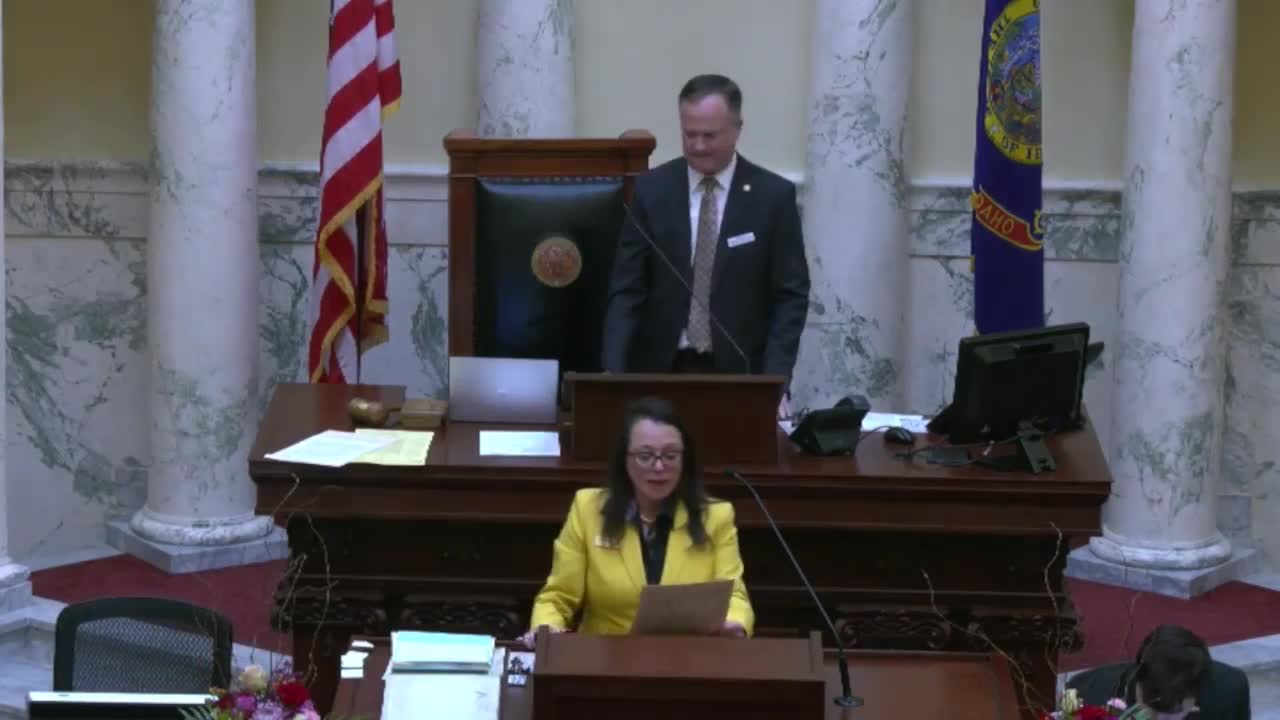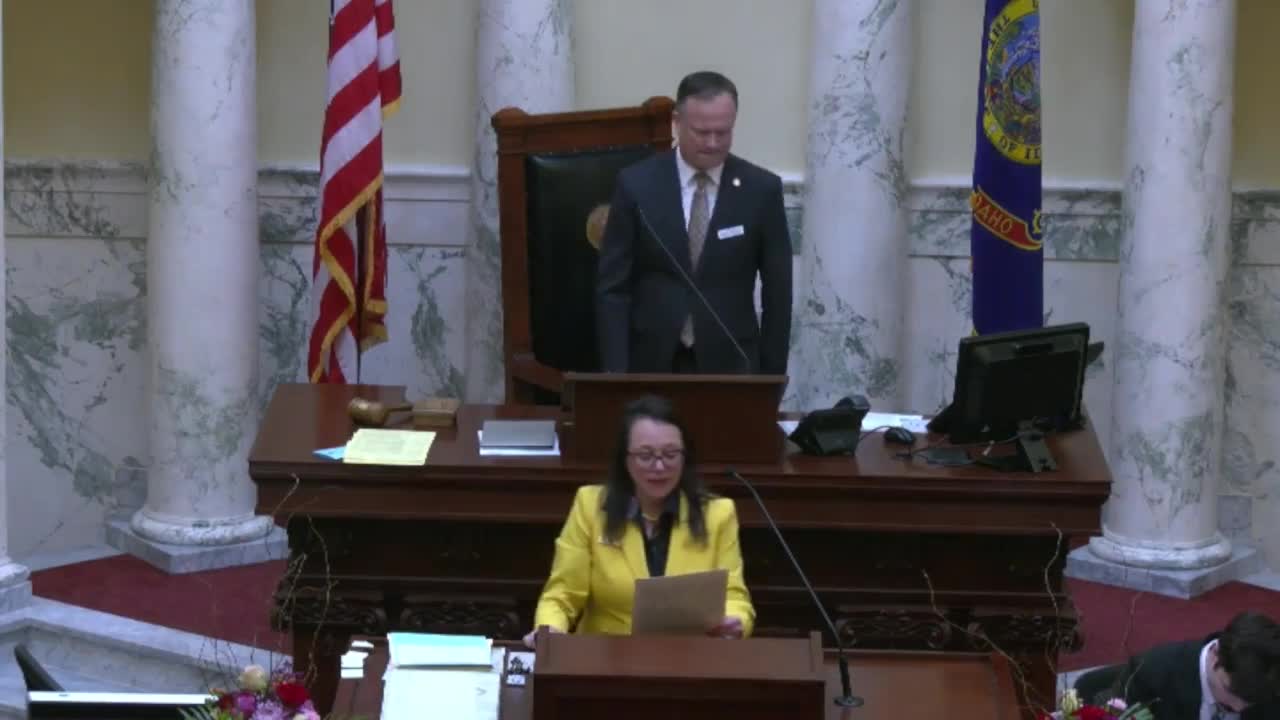Article not found
This article is no longer available. But don't worry—we've gathered other articles that discuss the same topic.

Senate passes $50 million refundable tax-credit program for parental school choice after divided floor debate

Senate approves limits on rental application fees after floor debate; bill capped and includes waiting-list exception

